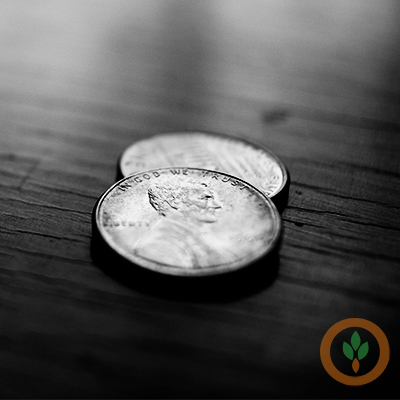Cyndi's Two Cents
Just be a good steward

Commentary.
As a vocal proponent for animal agriculture, I receive letters, emails, social media messages and phone calls from those who read my column or listen to my commentary on the radio. Some throw shade. Some thank me for standing up for agriculture or sharing their story. I love receiving that feedback. I love knowing that there are so many people out there who believe that the majority of those involved in the livestock industry – from producers to veterinarians, government, and association representatives to allied industries – are noble in spirit.
Most people involved in animal agriculture in this country are working daily to be good stewards of the land, air, water, and livestock. We share a common goal of providing a safe and wholesome food supply while caring for and handling our livestock with the welfare of all as a top priority.
I also know a few bad actors. We all do. Be cautious when using phrases like “All farmers implement good animal welfare practices,” or “All farmers are good stewards of the land and water.” Because that would be a lie.
Know that when you stand up for animal agriculture, there are going to be people who disagree with you. As a good friend of mine who with her husband and their family runs a dairy and hog farm in Minnesota has said many times, “If you are embarrassed about what you do, stay home.”
Livestock production has become the animal rights activists’ poster child for climate change. Google animal agriculture and you will see what I mean. Link after link linking land and water degradation and biodiversity loss to animal agriculture.
The U.S. Environmental Protection Agency paints a different picture. According to the 2020 annual report, all agriculture (including all livestock, agricultural soils, and crop production) accounts for 11% of the total greenhouse gas emissions in this country. It should come as no surprise to any intelligent human being that the greatest contributors to greenhouse gases in this country are transportation at 27%, electricity at 25%, Industry at 24%, and commercial and residential at 13%.
The bacteria in the digestive system cannot extract more carbon or methane than that which was originally stored in the plants they ate. Livestock also create conditions in which carbon and methane are sequestered. I have yet to see a car that can do that.
We do not all implement the same animal housing, welfare or feed formulations and regimens on our farms. Every animal is unique. Climates vary. Buildings and pastures and accessible water sources are not the same on every farm. Our vaccination regimen and overall herd health management will vary depending upon climate, location, overall health of the animals and specific challenges encountered. Herd health programs need to be tailored for each individual herd or flock.
Animal agriculture is not a cookie cutter process. Sometimes animals get sick and need to be treated with antibiotics. Sometimes there is a need to supplement magnesium in a cattle herd’s diet because they are grazing on quickly growing lush green grass that is low in magnesium. Just do the right thing for the health and welfare of the animals on your farm every day and be proud of your hard work and contributions.

Cyndi,
Great info! 👍👍